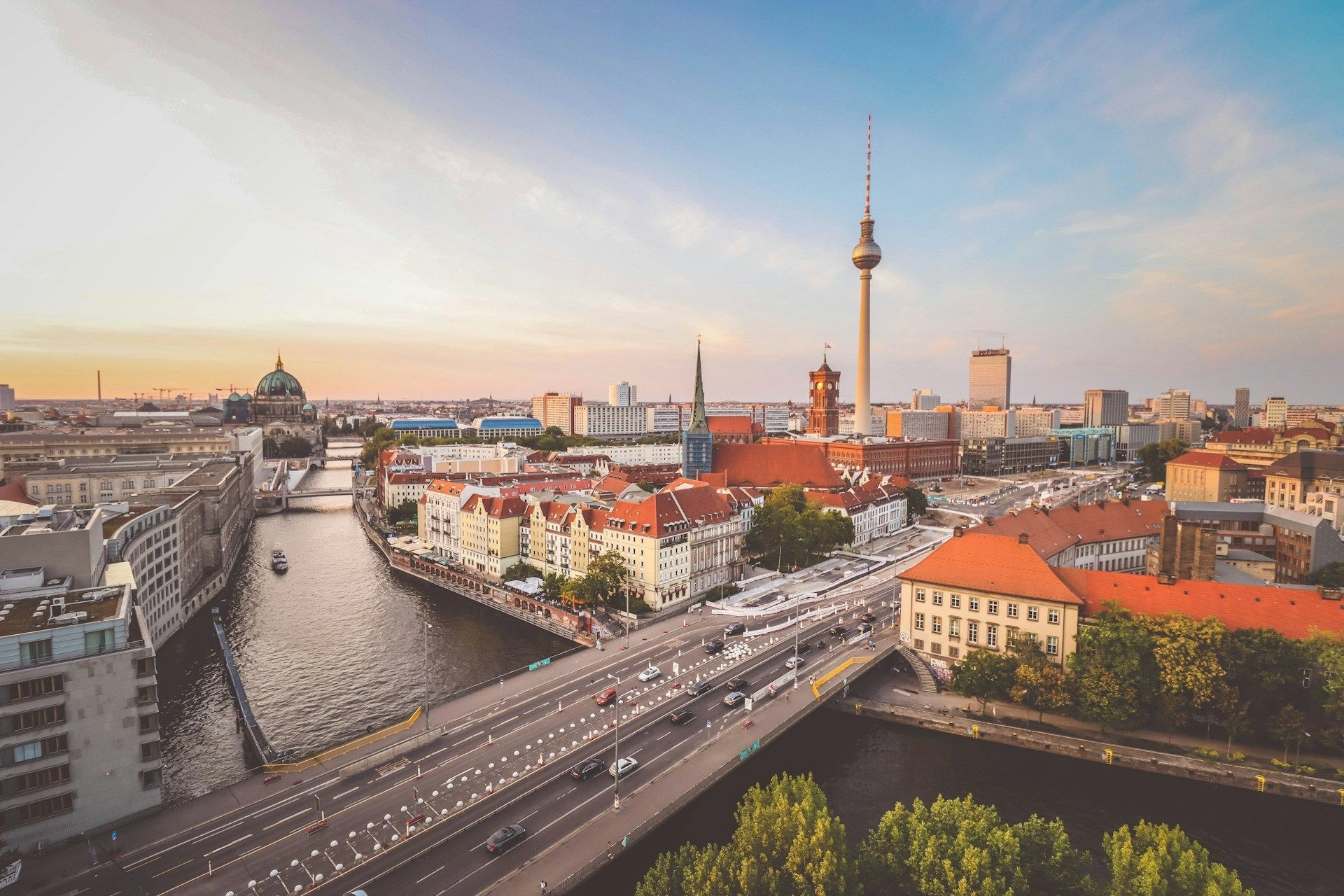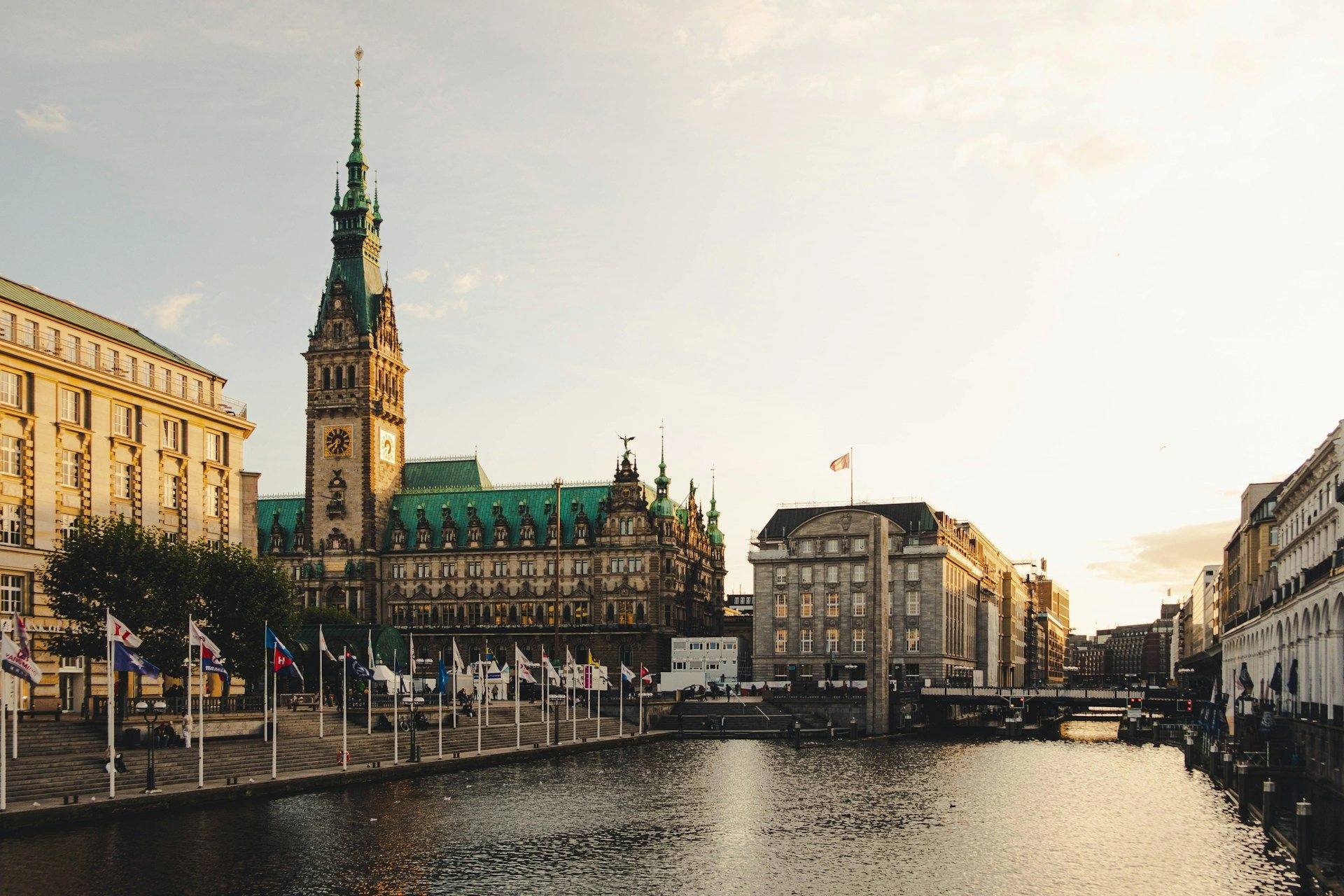Personalized Psychotherapy for Expatriates in GermanyCultivate emotional stability withpersonalized online sessions

Popular
cities and regions in Germany
Advantages of Psychotherapy
for expats in Germany
Virtual Winter Climate Coping
One-on-one online sessions providing mindfulness, guided imagery, and pacing strategies to manage long, cold winters, limited daylight, and seasonal affective fluctuations—helping maintain stable mood and energy year-round
Remote Multilingual Integration
Structured virtual workshops on German pronunciation, case-system basics, and regional dialect awareness—building linguistic confidence for everyday tasks like grocery shopping, public transport use, and professional interactions
Online Bureaucracy Navigation Support
Interactive one-on-one coaching offering step-by-step guidance on Anmeldung registration, health insurance enrollment, and tax identification processes—reducing administrative stress and enhancing coping skills
Virtual Winter Climate Coping
One-on-one online sessions providing mindfulness, guided imagery, and pacing strategies to manage long, cold winters, limited daylight, and seasonal affective fluctuations—helping maintain stable mood and energy year-round
Remote Multilingual Integration
Structured virtual workshops on German pronunciation, case-system basics, and regional dialect awareness—building linguistic confidence for everyday tasks like grocery shopping, public transport use, and professional interactions
Online Bureaucracy Navigation Support
Interactive one-on-one coaching offering step-by-step guidance on Anmeldung registration, health insurance enrollment, and tax identification processes—reducing administrative stress and enhancing coping skills

Useful articles
and recommendations from experts
Clinical Psychotherapy for Expatriate Adaptation in Germany
Relocating to Germany presents expatriates with a rich tapestry of historical heritage, economic opportunity, and regional diversity. From the bustling streets of Berlin to the vineyards of the Rhineland and the alpine villages of Bavaria, newcomers face a range of cultural norms, climate zones, and administrative systems. The challenge of mastering German’s complex grammar, navigating rigid yet efficient bureaucratic processes like Anmeldung registration and health insurance enrollment, and adapting to seasonal extremes—from snow-bound winters to 30 °C summer heatwaves—can trigger significant stress. Virtual clinical psychotherapy offers structured, evidence-based support, delivered entirely online, to help expatriates process anticipatory anxiety, overcome culture shock, and build long-term resilience. By integrating cognitive-behavioral, mindfulness, and interpersonal modalities within a tailored digital framework, therapists guide clients toward emotional balance, practical coping strategies, and sustainable well-being in their new German environment.
Emotional Phases of Expatriate Relocation
The expatriate adjustment process often unfolds through five interrelated stages. During the anticipatory anxiety phase—weeks or months before departure—clients may experience intrusive worries about finding suitable housing, obtaining a visa or residence permit, and mastering linguistic intricacies such as noun declensions. Physical symptoms like insomnia, muscle tension, and gastrointestinal upset commonly arise. Early virtual sessions emphasize psychoeducation, normalizing these reactions, introducing diaphragmatic breathing, and establishing structured “worry windows” to contain ruminative thoughts within set timeframes.
Upon arrival, many expatriates enter a honeymoon period. The novelty of exploring historic landmarks—Brandenburg Gate, Neuschwanstein Castle—sampling regional cuisine like Sauerbraten or Weißwurst, and attending local festivals can generate optimism. This enthusiasm often buffers initial stress and motivates early social engagement, from language tandems at local cafés to weekend bike rides along the Rhine.
As routine tasks accumulate—registering at the Bürgeramt, opening a bank account, and setting up statutory health insurance—clients commonly experience culture shock. Frustration may surface when straightforward errands require strict adherence to appointment times, formal communication styles, and paperwork in German. Feelings of isolation can intensify when linguistic misunderstandings hamper casual conversation, or when indirect social norms differ sharply from one’s home culture.
In the negotiation phase, clients and therapists co-develop personalized coping strategies. These might include graded exposure exercises—ordering groceries entirely in German, using public transport without translation apps—mood-tracking journals keyed to environmental triggers like sudden snowstorms or heatwaves, and daily mindfulness breaks aligned with local rhythms (for example, brief guided meditations before sunset to counter shorter winter days). Cognitive restructuring challenges catastrophic thinking (“I’ll never speak fluent German”) and replaces it with balanced alternatives (“I can improve step by step”).
Reaching the adaptation phase signifies a coherent sense of belonging. Clients confidently navigate trams in Munich, engage in neighborhood potlucks, and form supportive social networks. Emotional equilibrium is restored as expatriates integrate personal values—professional growth, cultural exploration, community involvement—with Germany’s seasonal and regional patterns, culminating in sustained well-being and empowerment in their new home.
Evidence-Based Virtual Therapeutic Framework
Effective online psychotherapy in this context blends multiple proven modalities into a flexible, client-centered plan. The process begins with a comprehensive intake: standardized measures assess anxiety (GAD-7), depression (PHQ-9), and sleep quality (PSQI), alongside an in-depth interview exploring personal history, coping resources, and Germany-specific stressors. Therapist and client then collaboratively design a personalized treatment roadmap, detailing session frequency—typically weekly—target metrics (e.g., initiating three-minute German conversations per week), and selected interventions, all delivered through secure telehealth platforms.
Cognitive-Behavioral Therapy (CBT) guides clients to identify automatic negative thoughts—such as “German will always be too hard”—and systematically challenge them via thought records, behavioral experiments, and graded exposures. A practical assignment might involve predicting high anxiety when calling a municipal office, then conducting the call and comparing actual versus anticipated outcomes to recalibrate expectations.
Acceptance and Commitment Therapy (ACT) fosters psychological flexibility by helping clients accept uncontrollable factors—rapid weather changes, occasional bureaucratic delays—while committing to value-driven actions. Values clarification exercises help expatriates articulate guiding principles—cultural curiosity, family cohesion, career advancement—and translate these into concrete behavioural goals, such as attending a local club meeting despite lingering social unease.
Mindfulness-Based Stress Reduction (MBSR) offers guided meditations, body scans, and breath-awareness practices adapted for virtual delivery. Imagery of a peaceful Black Forest glade or the tranquil shores of Lake Constance anchors attention, reducing rumination and physiological arousal triggered by sensory overload. Clients integrate brief mindfulness practices into daily routines—such as a two-minute mindful pause before boarding a tram—to reinforce skills between sessions.
Interpersonal Therapy (IPT) addresses evolving social roles and communication challenges. Structured role-plays simulate real-world interactions: requesting information at a Rathaus, negotiating flat-share agreements, or making small talk at a neighborhood Markt. Therapists provide direct feedback on cultural etiquette—appropriate forms of address, conversational pacing—to build confidence and reduce anxiety in social encounters.
Behavioral Activation counters withdrawal by collaboratively scheduling positively reinforcing activities: virtual cooking classes for regional dishes like Spätzle or Käsekuchen, online walking tours of medieval town centers, or remote participation in local charity runs. Debriefing these experiences reinforces motivation and promotes engagement, supporting clients in weaving pleasurable experiences into everyday life.
Navigating Germany’s Cultural, Administrative & Environmental Context
Expatriates in Germany face a complex interplay of factors. Linguistically, mastering German involves learning four noun cases, strong and weak verb conjugations, and regional dialects—from Bavarian in Munich to Low German along the North Sea. Virtual language-confidence workshops combine grammar drills, pronunciation practice of umlauts and the “ch” phoneme, and role-plays—ordering a Brötchen at a Bäckerei or enquiring about train schedules—paired with cognitive reframing to view errors as essential learning steps.
Bureaucracy presents another major adaptation challenge. Processes like Anmeldung (address registration), obtaining a Sterbeurkunde (tax ID), and enrolling in gesetzliche Krankenversicherung (statutory health insurance) often demand strict appointment adherence and paperwork in German only. Therapists equip clients with anticipatory planning tools: bilingual checklists, appointment-script rehearsals, and reframing to interpret procedural delays as impersonal system norms rather than personal setbacks. Celebrating each administrative milestone—receipt of a health insurance card or successful Anmeldung—bolsters self-efficacy and counters procedural anxiety.
Germany’s environmental extremes also shape adaptation. Winters bring cold, gray days with limited daylight, while summers regularly exceed 30 °C, occasionally triggering heat warnings. Therapists teach climate-specific sleep hygiene—using blackout curtains to manage long summer evenings, light-therapy lamps for winter months—and guided progressive muscle relaxation to ease temperature-induced tension. Mindfully scheduled outdoor activities—morning walks through Tiergarten or midday visits to shaded beer gardens—support circadian balance and emotional well-being.
Urban versus rural contexts further influence stressors. Life in a metropolis like Frankfurt—high-rise finance district, 24/7 public transport—differs significantly from small-town rhythms in the Harz mountains or pastoral villages in Saxon Switzerland. Virtual sessions include “urban mindfulness” exercises for noisy S-Bahn commutes, contrasted with “nature anchoring” practices using imagery of the Elbe River valley. These techniques foster presence and mitigate stress in diverse settings.
Family Dynamics & Long-Term Resilience Planning
Relocation impacts entire family systems as members adapt at different rates. Partners may thrive in Berlin’s startup scene while others cope with remote schooling adjustments. Virtual family therapy provides a structured forum for active-listening exercises and “I-statements” (“I feel anxious when our routines change unexpectedly”), fostering empathy and collaborative problem-solving. Joint planning—co-creating a family calendar of cultural outings, from Christmas markets in Nuremberg to Ostern egg hunts in the Black Forest—builds cohesion and shared purpose.
Identity-mapping exercises guide each family member in reconciling pre-move roles—career professional, caregiver, community volunteer—with emerging German identities—“Rhine Valley explorer” or “Bratwurst connoisseur.” Shared digital whiteboards visualize which aspects to preserve, adapt, or cultivate anew, forging a coherent family narrative that honors both origin and new experiences.
Long-term resilience planning includes scheduled booster sessions at three, six, and twelve months post-move. These follow-ups allow clients and families to revisit coping strategies, address emergent stressors—academic milestones, career transitions, or seasonal travel plans—and celebrate adaptation achievements. Intentional rituals—annual virtual reflections on relocation anniversaries accompanied by photo collages of Germany’s seasonal landscapes (spring blooms along the Rhine, autumn foliage in Bavaria)—anchor progress and cement a lasting sense of belonging in their new German home.




